Making Cents of It | Week 2 | Melissa Pierce
Maximising Your Potential Through Stewardship
In the second week of the ‘Making Cents of It’ series at Generation Church, Melissa Pierce shares powerful insights on stewardship, urging us to recognise our God-given potential. This blog explores the principles of stewardship and how they can transform our lives by maximising our resources and capabilities.
Introduction to Stewardship
Stewardship is often misunderstood as merely the management of resources. However, it encompasses a broader perspective that includes the recognition of our potential and the responsibilities that come with it. By acknowledging stewardship, we embrace the opportunity to manage not only our possessions but also our talents, time, and relationships.
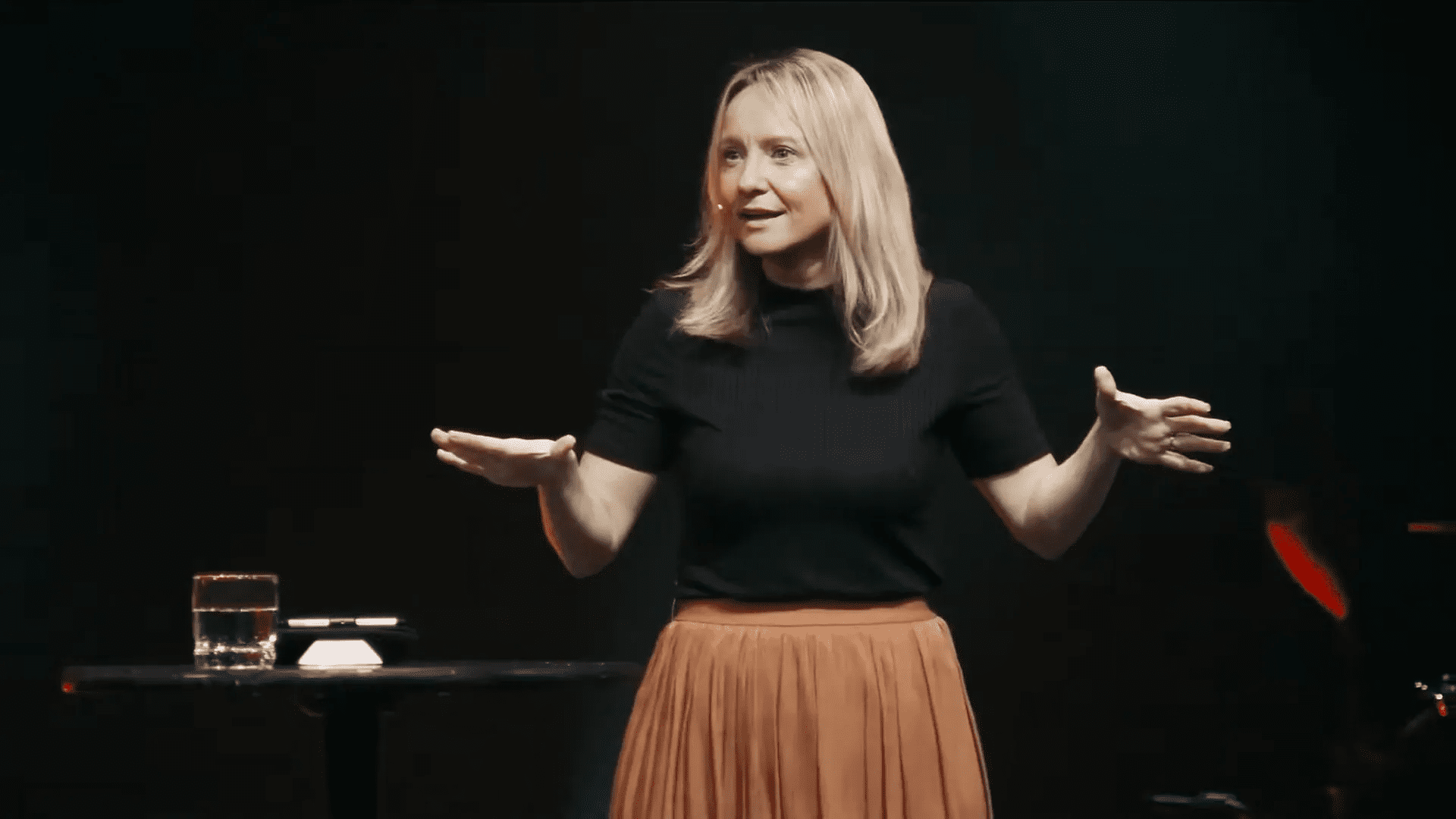
Understanding Stewardship in Today’s Context
In a world marked by uncertainty, economic fluctuations, and social challenges, understanding stewardship is more vital than ever. It is about maximising the potential within us and the resources we have. This approach enables us to navigate through difficulties while making a positive impact on our communities.
Stewardship encourages us to think beyond our immediate needs and consider how our actions can contribute to the greater good. By recognising that we are custodians of what we have, we can make decisions that reflect our values and priorities.
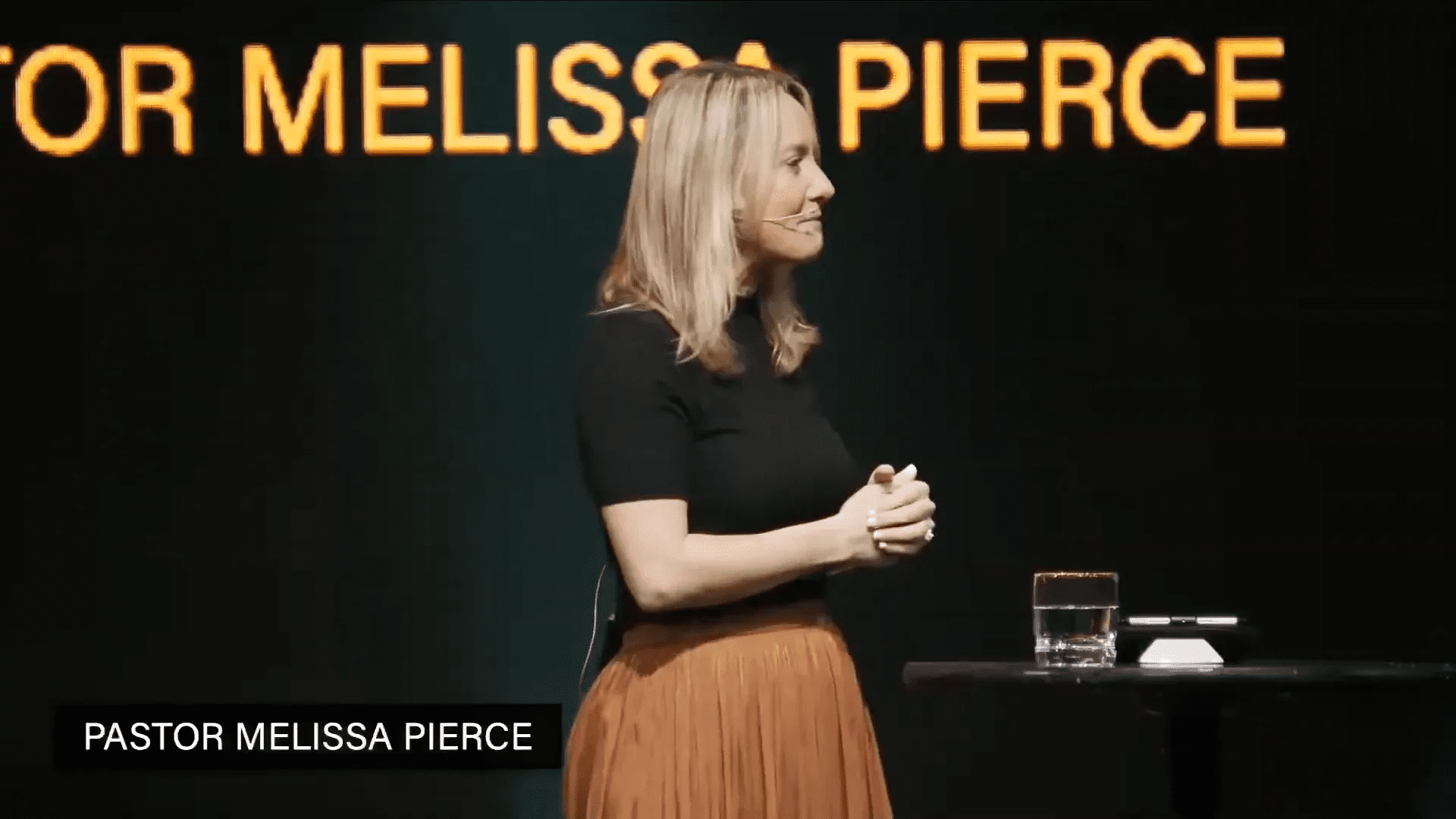
The Principles of Ownership and Responsibility
At the core of stewardship lies the principle of ownership. Everything we possess ultimately belongs to God. This understanding shapes our attitude towards our resources, prompting us to view them as tools for service rather than possessions to hoard.
Alongside ownership is the principle of responsibility. Just as Adam was entrusted with the Garden of Eden, we too have been given a unique garden to cultivate. This responsibility calls us to manage our resources wisely and ethically, fostering an environment where growth and service can flourish.
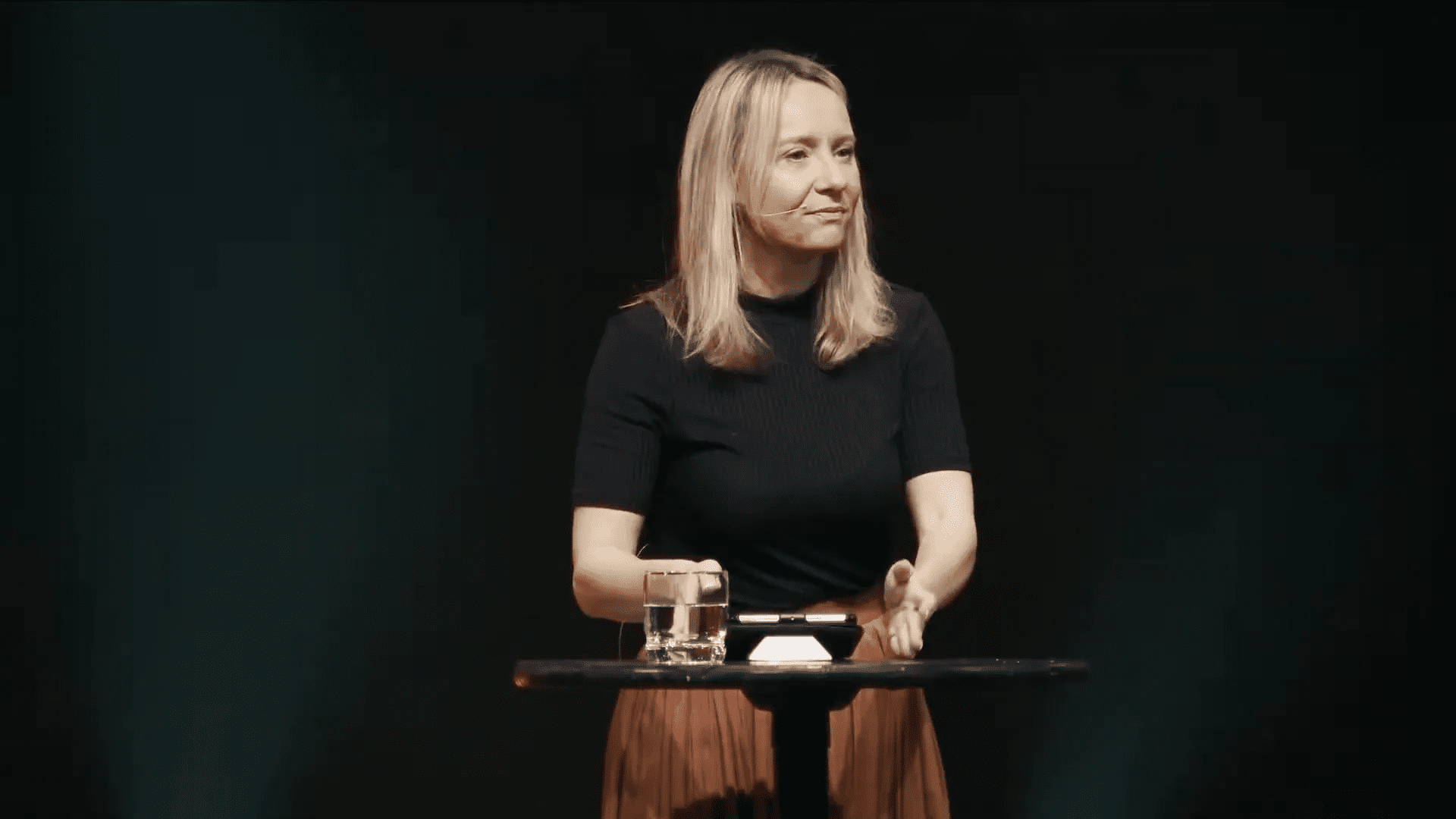
Defining Stewardship
Stewardship can be defined as the careful and responsible management of something entrusted to one’s care. It requires a recognition of our duties and the discipline to organise and prioritise effectively. This management extends to various aspects of life, including finances, relationships, and personal development.
True stewardship involves self-control and the ability to make informed decisions that align with our values. It is not merely about maintaining the status quo but actively seeking to maximise the potential of what we have been given.
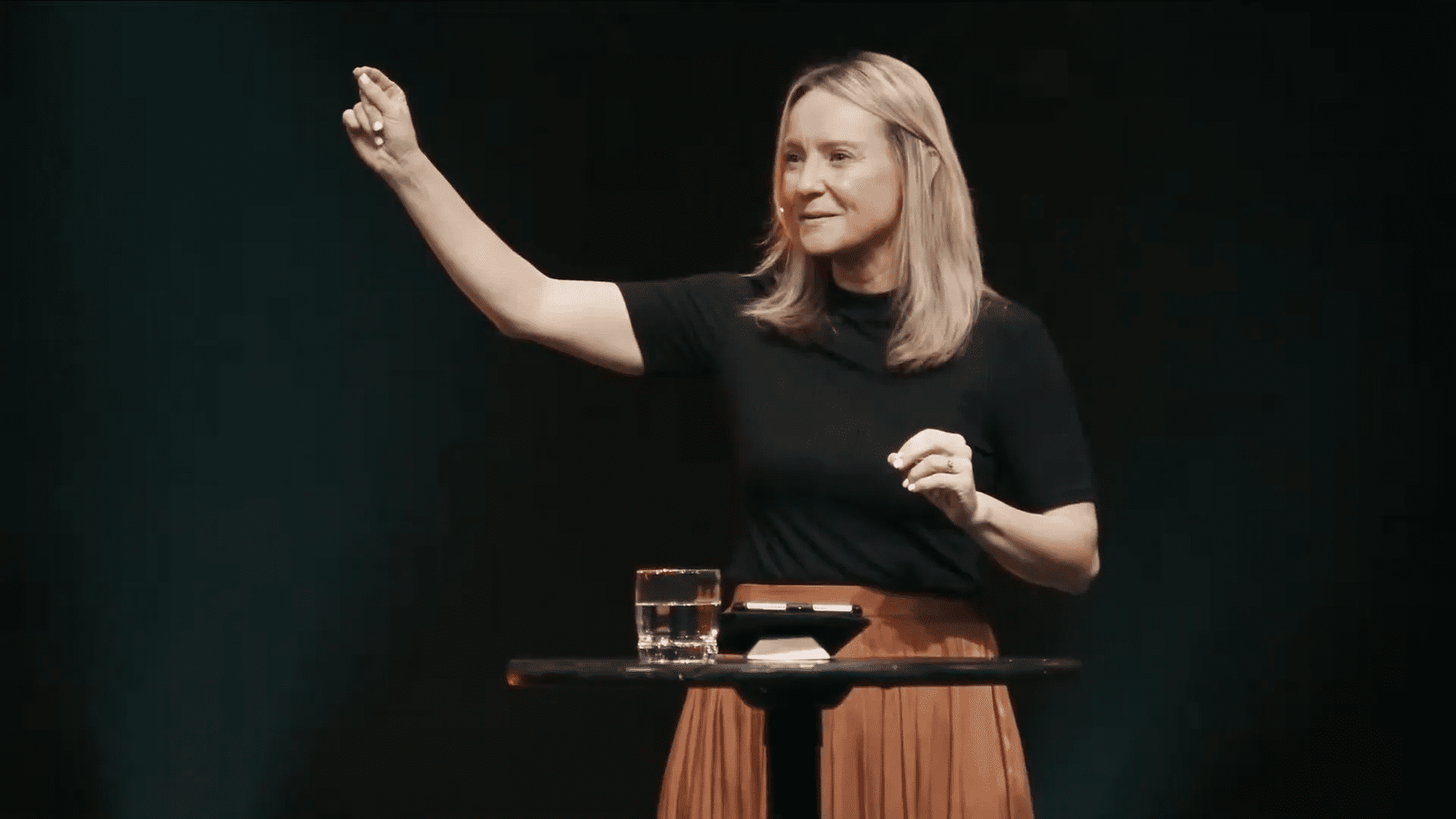
The Power of Wise Stewardship
Wise stewardship transforms ordinary resources into extraordinary outcomes. It is the difference between living a life of mediocrity and one of impact. By applying knowledge and making intentional choices, we can create a legacy that benefits future generations.
Consider the wise steward who builds a thriving business or nurtures a supportive family environment. These individuals understand that their efforts contribute to a larger purpose. They exemplify how stewardship empowers us to make meaningful contributions to our communities and the world.
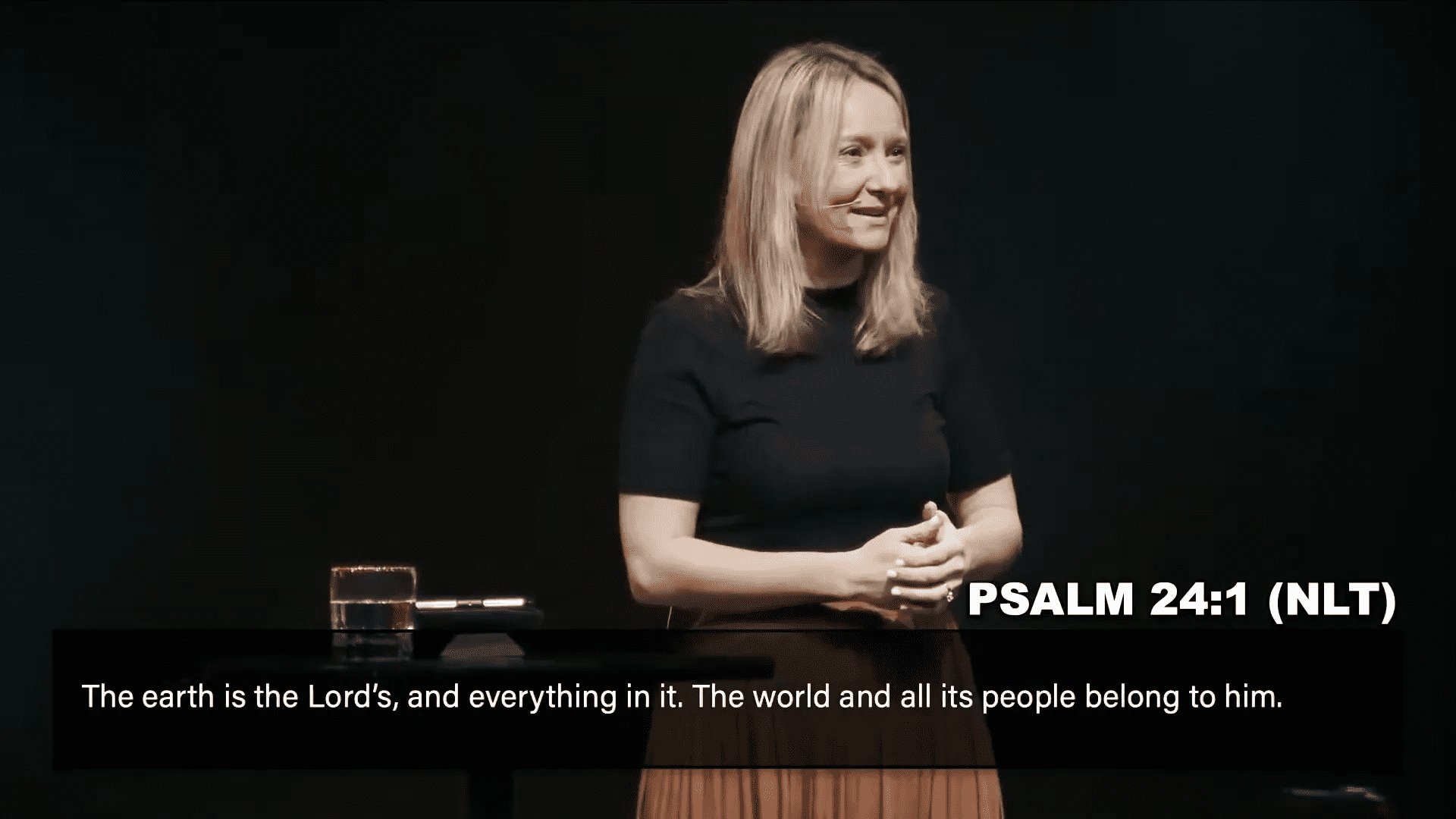
Stewardship as a Relationship with God
Stewardship is fundamentally a relationship with God. It is an acknowledgement that He is the owner of all things, and we are merely managers of His creation. This perspective fosters humility and gratitude, reminding us that our abilities and resources are gifts meant to be shared.
When we view stewardship through the lens of our relationship with God, our actions become acts of worship. Every decision we make, every resource we manage, becomes an opportunity to glorify Him. This understanding encourages us to pursue excellence in all that we do, reflecting His character in our stewardship.
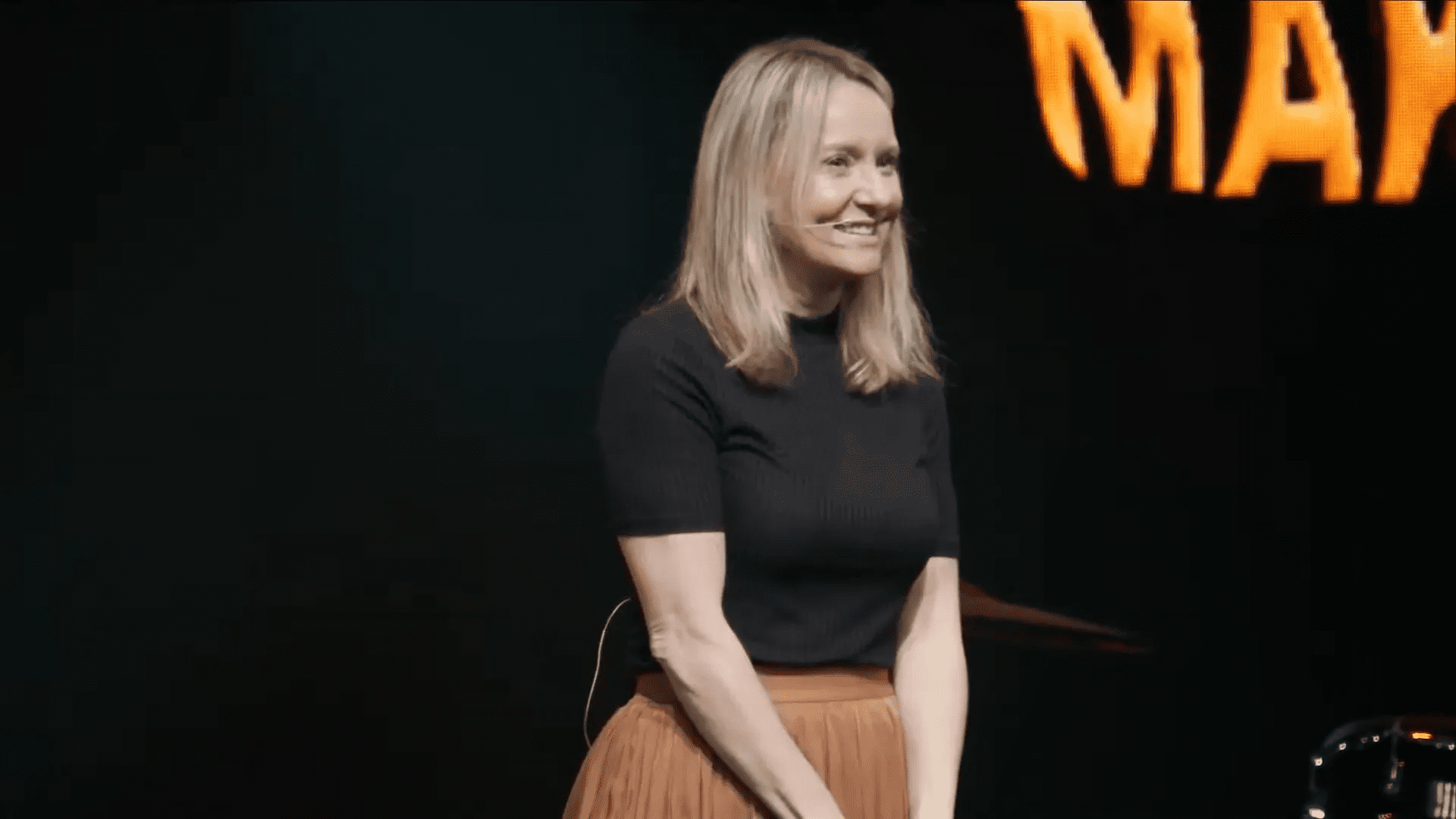
Finding Your Role as a Steward
Stewardship is an empowering role. It allows us to take control over our lives and resources. By surrendering our power to God, we become partners in managing our lives effectively.
This partnership shifts our perspective on money and possessions. Instead of viewing them as a source of stress or status, we see them as tools for service and generosity. When we fully embrace our role as stewards, we eliminate aimless wandering and gain confidence in our decisions.
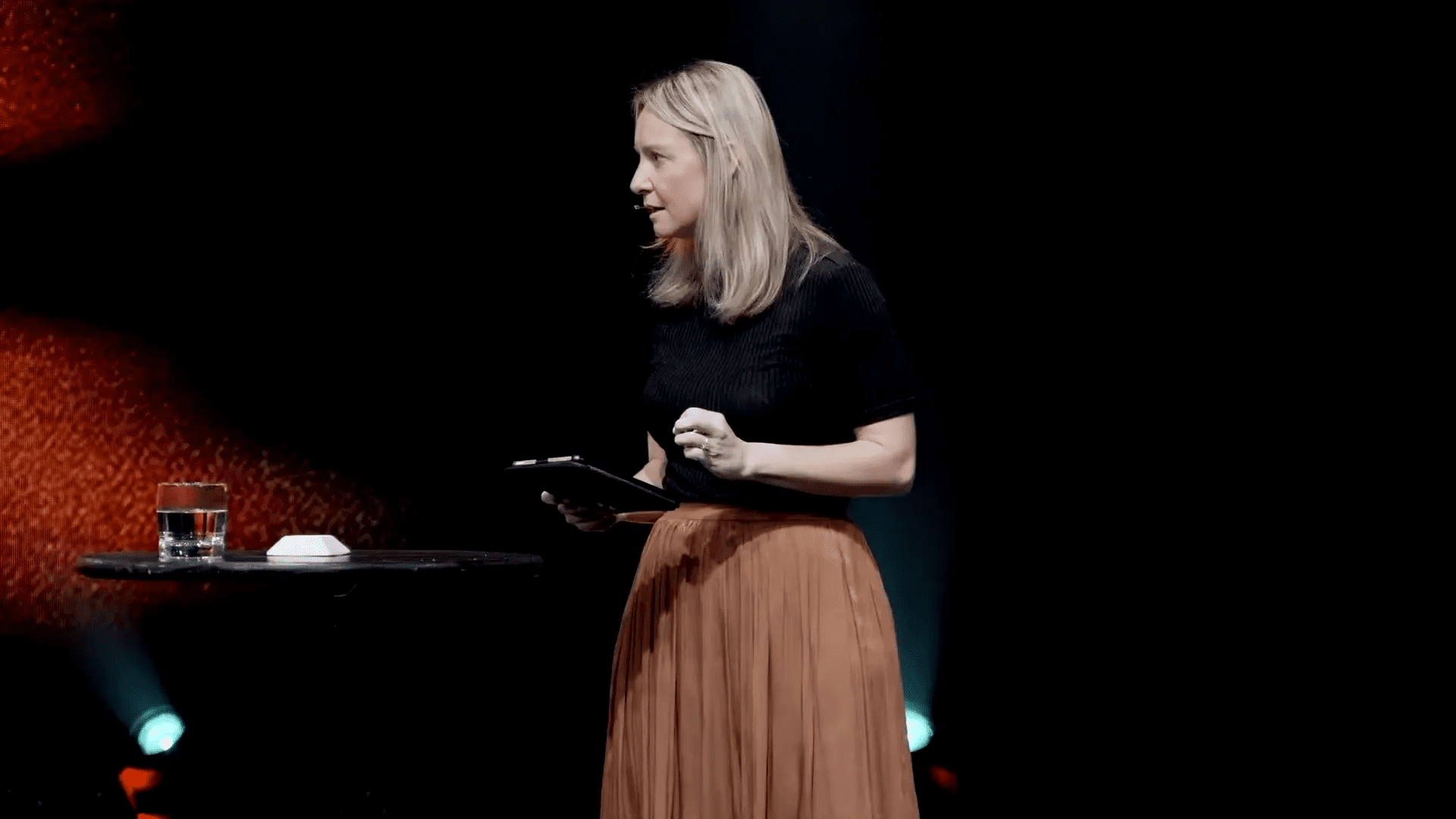
The Miracle of the Feeding of the 5000
The story of the feeding of the 5000 illustrates the power of stewardship beautifully. It begins with Jesus, who, seeing the multitude, asks his disciples how they will feed the people. This moment is pivotal; it challenges their understanding of resources.
Philip quickly dismisses the possibility, stating that even eight months’ wages wouldn’t be enough to feed everyone. However, Andrew highlights a boy with five loaves and two fish, showing that even the smallest offering can be significant in the hands of Jesus.
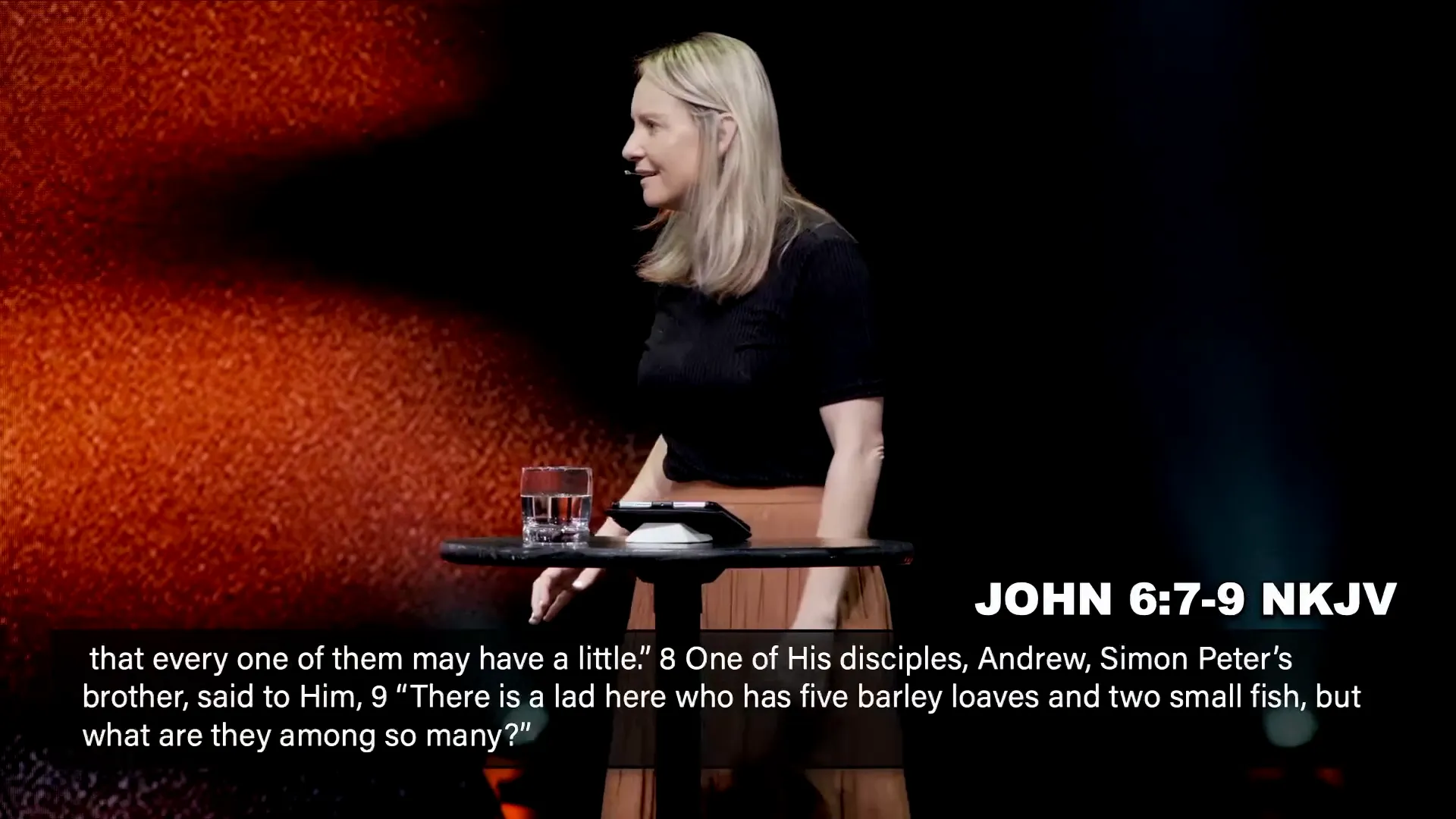
Lessons from the Miracle
From this miracle, we learn several key lessons about stewardship:
- Recognise What You Have: The first question is, “What do you have?” Understanding our resources, skills, and abilities is crucial.
- Prioritise and Organise: Just like Jesus organised the people into groups, we must prioritise our resources and structure our lives effectively.
- Trust in God’s Abundance: When we place what we have in God’s hands, He can multiply it beyond our imagination.
- Living and Giving: True stewardship allows us to enjoy what we have while also being generous.
- Gather Up the Pieces: After the miracle, Jesus instructs the disciples to gather the leftovers, emphasising the importance of good stewardship even in abundance.
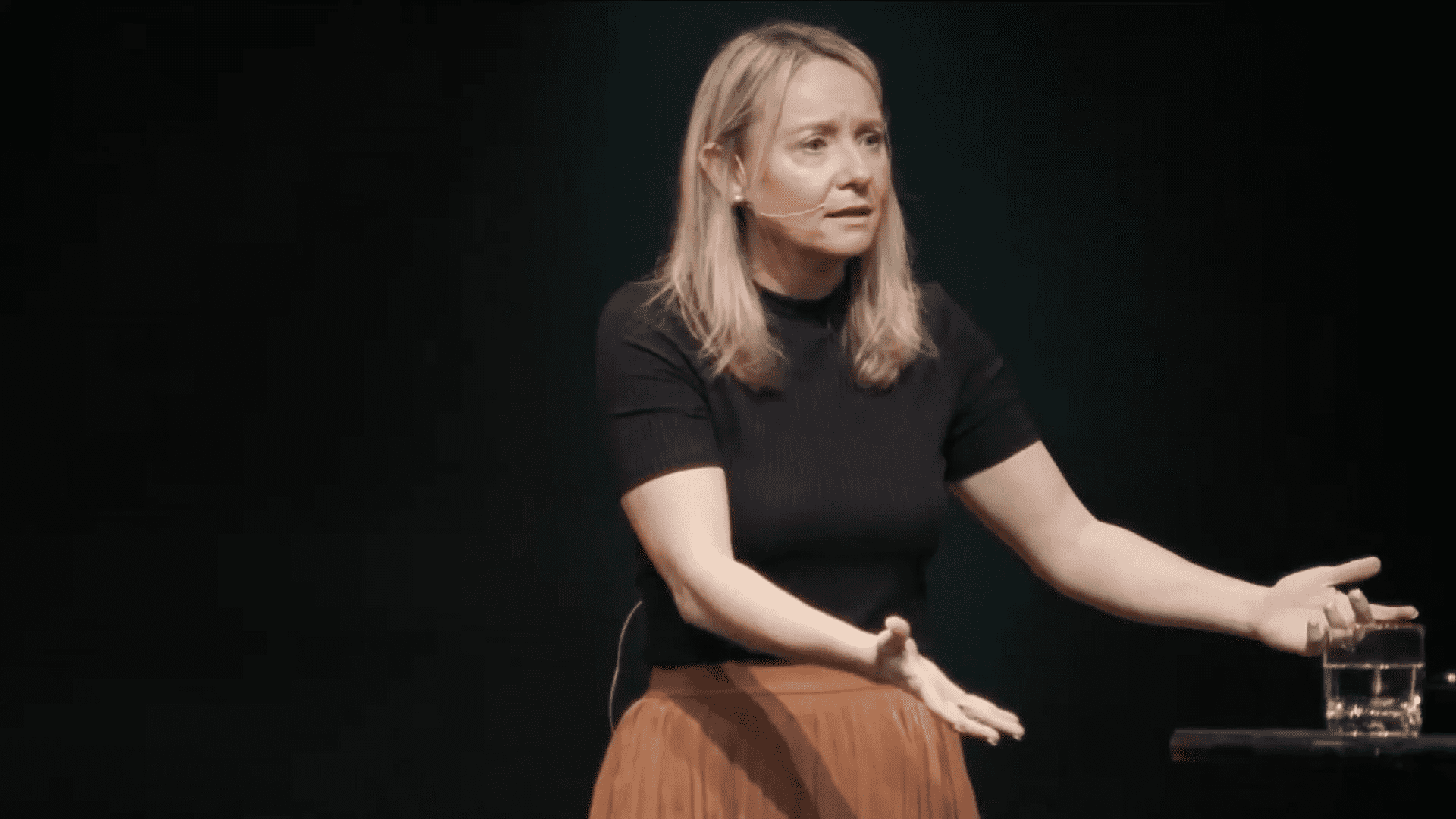
The Importance of Gathering Up the Pieces
Gathering up the pieces after the miracle is a powerful reminder of responsible management. It shows that even when we experience abundance, we should not waste or overlook the remnants of our resources.
Each leftover piece signifies the potential for future use. In stewardship, this act of gathering teaches us the value of preserving and wisely using our resources. It reflects a mindset that honours what we have been given.
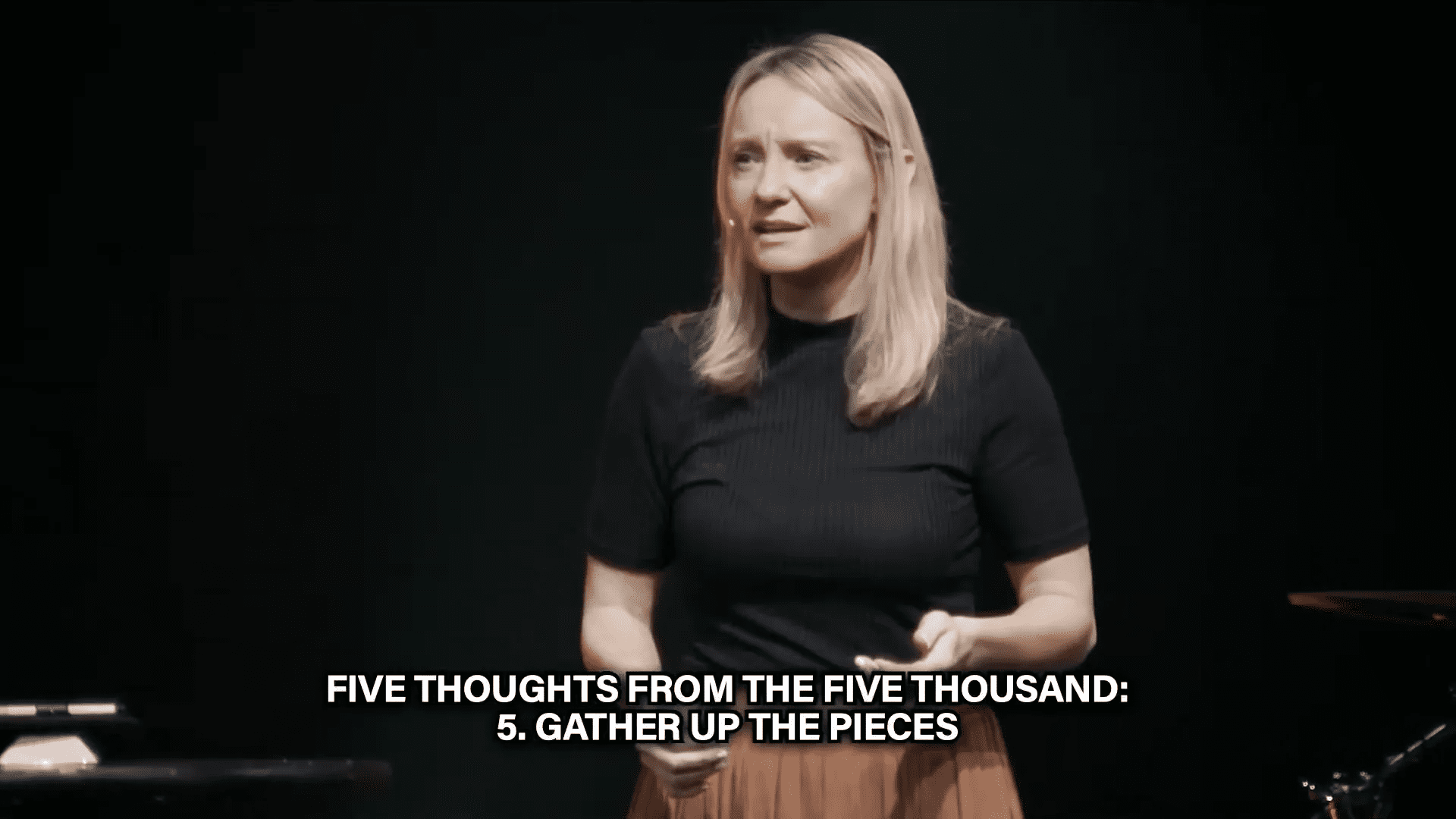
Conclusion: Surrendering to God
In conclusion, becoming a steward requires a heart of surrender. It is about letting go of control and trusting God with our resources, time, and talents. When we surrender, we open ourselves to God’s miraculous work in our lives.
As we reflect on our potential, we must ask ourselves: What can we do today to maximise our stewardship? Each of us holds significance in God’s eyes, and He desires to work through us.
Let us take the first step by placing our lives and resources in His capable hands, trusting that He will lead us to extraordinary outcomes.
